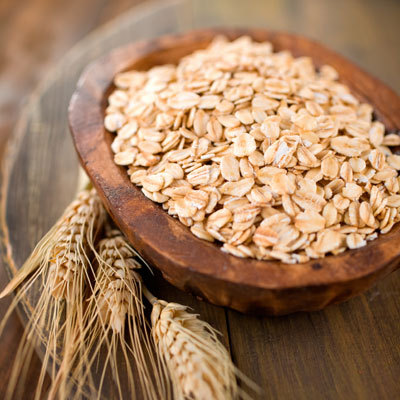Dietary modification in the form of a complete diabetes diet plan plays a vital role in the management of the condition.
Why Do You Need A Diabetes Diet Plan?
Following such a diet adds on to the advantages of insulin therapy treatment by keeping the blood sugar levels under check.
The main aims of dietary modifications are:
- To maintain normal blood sugar levels
- To maintain adequate nutrition
- To maintain the desirable body mass index (BMI)
The amount of calorie intake for a diabetic has to be around 1600 Kcal/day. It should be a balanced diet that mainly contains carbohydrates (60-70%), fat (15-20%), proteins (20-25%) and dietary fibre (25gms/1000Kcal).
In diabetes, it is important to know the amount of carbohydrates taken. Information on this will help in determining the amount of insulin to be taken to maintain blood sugar control.
The other two major nutrients, protein and fat, also have an effect on blood glucose levels, though it is not as rapid or great as the effect that carbohydrates have. A balance of carbohydrate intake, insulin, and physical activity is necessary for the keeping blood sugar levels constant.
In diabetes it is important to keep the carbohydrate content of the diet consistent from day to day.

The Diabetes Diet Plan – Choosing What To Eat
The golden rule in planning a diet is to ensure that your blood sugar levels do not shoot up. To control this, it is important to consume foods that have low glycemic index and other low calorie foods.
The glycemic index provides a measure of how quickly blood sugar levels rise after eating a particular type of food. Commonly used food items with low glycemic index are beans, whole grains like wheat, brown rice, and oats. The other common foods with low glycemic index are vegetables and most sweet fruits.
Common Foods and Their Benefits
While framing your diabetes diet plan, you can include the following foods, due to the advantages specified below each item.
Beans
- Lowers cholesterol
- Stabilizes blood sugar
Beets
- Controls blood pressure
- Protects the heart
- Aids weight loss
Brown Rice
- Lowers Cholesterol
- Helps prevent cancer
- Contains essential minerals
Onions And Garlic
- Rich in fibre
- Protects the heart
- Helps prevent cancer
Oats
- Stabilizes blood sugar
- Lowers cholesterol
- Reduces the risk of heart disease
- Boosts immune system
Lemon
- Prevents cancer
- Improves immunity
- Low in calories
Apples
- Stabilises blood sugar
- Lowers cholesterol
- Reduces the risk of heart disease
Oranges
- Prevents cancer
- Low in calories
- Reduces the risk of heart disease
Bananas
- Low in glycemic index
- Builds bones
- Protects from heart disease
Grapes
- Combats cancer
- Protects the heart
Fish
- Protects the heart
- Boosts memory
- Supports the immune system
Chicken
- Good source of protein
- Contains homocysteine, which protects the heart
Honey
- Promotes better blood sugar control
- Protects the body from repeated infections
Green Tea
- Lowers cholesterol
- Protects from heart disease
- Lowers blood pressure
- Promotes weight loss
Olive Oil
- Improves memory in old age
- Protects from heart disease
- Helps in digestion
Based on the above foods, a daily diabetes diet plan can be easily framed.
Diabetes Diet Plan – The Dos And Don’ts
Here are a few things you should avoid doing when you’re following treatment for diabetes.
- Eating too much
- Drinking soda or other sugary drinks
- Eating fast foods frequently
- Eating out a lot
- Eating high-fat dairy products
- Consuming red meat
- Eating unhealthy fats and oils
- Often skipping breakfast
You should also follow these tips:
- Eat smaller servings
- Drink water or diet drinks
- Eat less fast food – no more than once a week
- Prepare more meals at home
- Switch to 1% or non-fat milk, yogurt, cheese, and frozen yogurt
- Try fish, chicken, or turkey
- Switch to healthier oils like olive and canola
- Plan a healthy breakfast every day
To keep your blood sugar levels in check, you should eat right and stay healthy. Carefully framing a diabetes diet plan with your physician’s inputs will definitely help in this regard.